Based in Mumbai, Kiran is a well-established author; her first book was published in 2011 and more than a dozen others (both fiction and non-fiction) have been published since then. Her short stories have been published in leading magazines and bestselling anthologies, her articles and columns have been published in leading newspapers and her books have been long listed for various prestigious awards.
Kiran, who is a TEDx speaker, was awarded the Women Achievers Award by Young Environmentalists Association in 2013 and The Indian Council of UN Relations (ICUNR), supported by the Ministry for Women and Child Development, Government of India, awarded her the International Women’s Day Award 2018 for excellence in the field of writing. Her list of awards, nominations and achievements is pretty much endless – see here for all the details. We talk to her about her own journey as a writer, and her favourite books and authors.
You have worked as a journalist with leading magazines and newspapers, and then moved on to writing books, both fiction and non-fiction. Tell us about the journey?
Honestly, it’s been a long and meandering journey that has taken me through advertising, as a copy writer, a journalist, where I first did a bit of city reporting, then business news, moving onto gender and women’s issues, as well as entertainment and feature writing. From journalism I moved on to research, and became a trend spotter and India cultural lead for a US-based trendspotting firm, then a qualitative researcher. I was also an entrepreneur; I set up a content supply firm with a friend in the very first dotcom boom in the early 2000s.
I headed the creative department of an advertising agency I founded with my spouse, then got back into writing when we decided to shut the agency and my husband found his passion in the stock market and trading. I edited a couple of websites, curated festivals, and did backend content writing for corporates. It’s been a career that has been peripatetic to say the least, but most educative. I’ve learnt through my journey to write across different styles and subjects, to write through chaos in the newsroom, to be able to have my focus laser-sharp when I’m the midst of creating new work, which is why I have written most of my books in the midst of chaos, bread and butter work, and everyday domesticity.
What was it that encouraged you to start writing fiction? Which was the first book and how hard was it for you to find a publisher? In this context (finding a suitable literary agent and/or publisher), any tips that you’d like to give to new authors, who may be trying to get their first book published?
I was a blogger with a fair amount of popularity at the time, and an encouraging group of readers and friends thought I might have it in me to write a book. Of these, a couple of friends were very persistent, and one, Parul Sharma, who was a published author herself, even helped me connect with her editor. I sent in three chapters I had written after succumbing to their insistence, and the editor, Deepthi Talwar, then at Westland, liked it and asked to see the rest. I hurriedly wrote the rest and sent it off, first draft, spelling errors and all, and I now cringe in retrospect at how raw and confident I was back then. She liked it and the book, The Reluctant Detective, was published by Westland in 2011. I had no takers for my next book for four years, and I had almost given up any hopes of being more than a one book horse, when Ashwin Sanghi, who is a dear friend, told me I must keep sending it out. And then Once Upon A Crush came out in 2014. I’ve had 14 books out since, across genres, and my next scheduled for a Jan 2023 release.
I would suggest first-time authors go through websites of publishing houses very carefully, see who is publishing the kind of books they have written, and submit to those publishing houses. Every publishing house has submission guidelines on their website. And if you want to find an agent, do your research before querying, see who is representing whom and reach out. Most do respond. Himalayan Writing Retreat has some good resources on agents, and publishing houses on their sites.
Something I would like to tell all first-time writers sending their manuscripts out is to not take rejection personally. I still get rejected after all these books. Many published authors do. It is no shame. It is no reflection on the quality of your writing (of course, you have to keep working towards improving it). Keep sending your manuscript out, keep reworking it.
Are the characters in your books (fiction) closely inspired by people whom you’ve met in real life? What is it that makes your stories very engaging for readers?
I’ve written across very different genres in fiction; humour, chicklit, romance, psychological thriller, horror, noir, now the forthcoming, time travel. I guess I like to either make people laugh or make them terrified, there are two extremes to my writing. I think all writers cannibalise on the people they know in the real world to create their characters, mixing bits and pieces of people up to create someone completely new and alive only in their fictional world. Characters come out of either memory, lived experience, or at the very best, from the ethers, a character you have never met or interacted with but suddenly is living, flesh and blood on your page. You can’t explain it, characters perhaps write themselves; we have no control over how they eventually turn out. Sometimes one might think one is writing a nice, pleasant elderly lady only to find out she had a pick axe in her kitchen pantry with which she does away with unwanted guests.
The key element to engage with the reader, I always feel, is the emotional involvement with the protagonist’s journey. If the reader doesn’t care what happens to your main character, you’ve lost them.
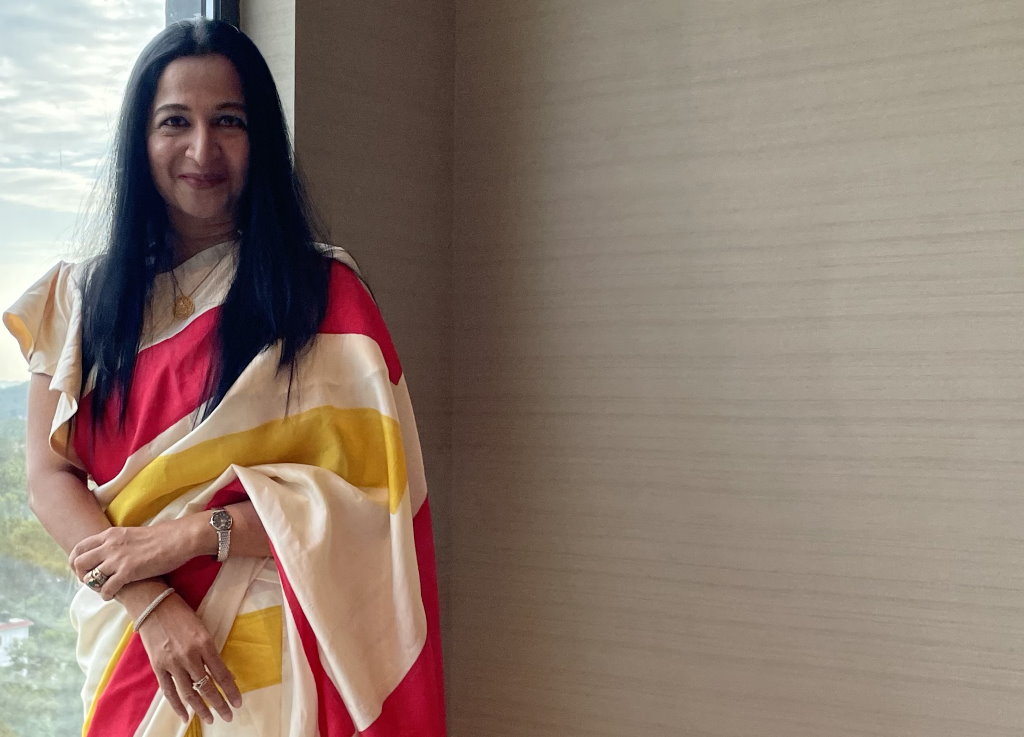
Which platform do you think is better for promoting sales – online retailers or actual, physical bookshops? What’s your take on the Kindle?
Well, online does away with the need to physically go to a bookstore and lets a reader order a book whenever he or she wants, at any hour. For those who live far from bookstores, or don’t have the time to visit bookstores, it can be a blessing. With Kindle it comes directly to your device the moment you order it, so even that anticipation of a couple of days is done away with. But what online doesn’t give you is discoverability of new authors; what pops up on your screen is pushed by algorithms that make something popular. I always say don’t go by what is popular; go read what calls to you, and for that you have to go to bookstores, to libraries. Bookstores and libraries are a different joy altogether.
I have found some of my favourite authors by browsing for hours through the shelves on bookstores, picking up armloads of books, flipping through a few pages and getting intrigued enough to buy the book. I have spent many happy hours browsing at Happy Book Stall and Title Waves in Bandra. We have some wonderful bookstores like Kitab Khana, Wayward and Wise, Granth, and The White Crow in Mumbai. In Bangalore we have Atta Galatta, Blossoms, Bookworm, Higginbothams and all those lovely bookstores down Church Street. Kolkata has Oxford, Storytellers, Pune has Pagdandi, Dogears in Margao, Goa. There’s Midland, Bahrisons, Kunzum, Jorbagh, Full Circle, Quill & Canvas in Delhi/NCR. I would urge every reader to go to bookstores when they get a chance. We need bookstores to survive, especially independent bookstores. Unless we readers do our bit, how would we expect them to compete. No algorithm or ‘Look Inside’ can compare to the heft and feel of a book in your hand. Having said that, a Kindle is convenient. It definitely takes up less space, and can travel with you in your handbag.
At some point in the future, would you consider having your books translated into Hindi and/or other regional Indian languages? Would you like your books to also be made available as audiobooks in the future?
I would love to. I believe books should be available in as many languages as there are readers. Audiobooks are wonderful for those who perhaps don’t have the time to sit with a book but yet would love to know the contents. They’re most convenient while travelling in a vehicle when one might not be able to read because of the movement of the vehicle. Also, for those who are visually impaired, audiobooks help get our words to them.
What kind of books do you enjoy reading? What’s your favourite genre of books? Any favourite authors? What are the three most remarkable books you’ve read in recent years?
I am an indiscriminate reader, I read across genres, across styles, across subjects, both fiction and non-fiction. I am also unforgiving a reader, I can discard a book in three pages if I don’t like it. It’s tough to say these authors are my favourites because I am very all-encompassing in my love for books and good writing. P.G. Wodehouse, Terry Pratchett, Neil Gaiman, Erma Bombeck, Dave Barry, Jerome K. Jerome, Bill Bryson, Helen Fielding, Cixin Liu, Stephen King, J.R.R. Tolkein, Haruki Murakami, F. Scott Fitzgerald, Kazuo Ishiguro, Ray Bradbury, Arthur C. Clarke, to name a few.
Amongst Indian authors, I love Anuradha Roy’s writing, it soothes me. Aruna Nambiar is a fabulously underrated writer of humour, I wish more people read her writing. Shinie Antony writes so sharp, her words are polished gems, her The Girl Who Couldn’t Love is a fabulous, dark read. Koral Dasgupta’s retellings of the women of mythology, Sumana Roy’s meditations on nature, Chitra Banerjee Divakaruni’s recent ventures out of myth into history, Manreet Sodhi Someshwar’s Lahore and Hyderabad from her Partition series, Richa S. Mukherjee’s Kanpur Khoofiya detective series, Venita Coelho’s spooky books, Shormistha Mukherjee’s Cancer You Got The Wrong Girl, Saikat Majumdar’s The Middle Finger, Arjun Gaind’s The Anatomy of Loss, Jahnavi Barua’s Undertow, Anthony Doerr’s Cloud Cuckoo Land, Boudhayan Sen’s The Element of Fog, Barkha Dutt’s Humans of Covid, Vikram Sampath’s Bravehearts of Bharat, to name just a few. I’m sure if I sit longer on this, I could fill pages. I can’t just limit myself to three.

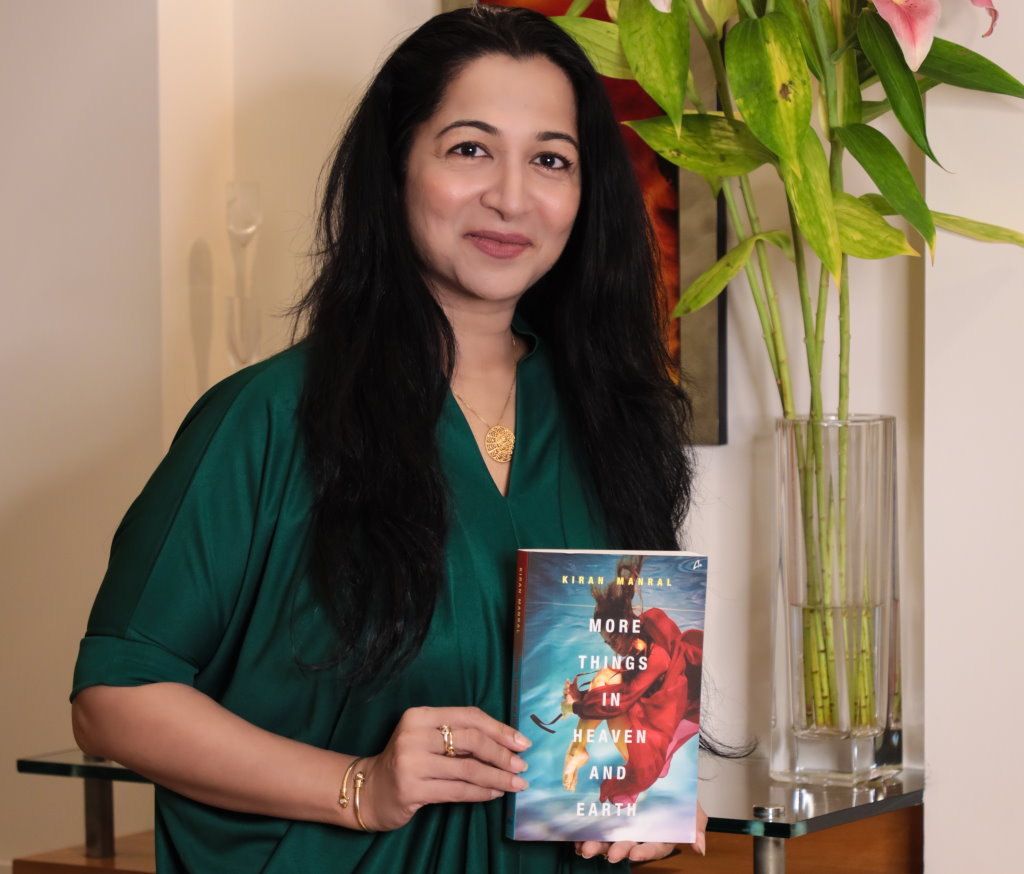
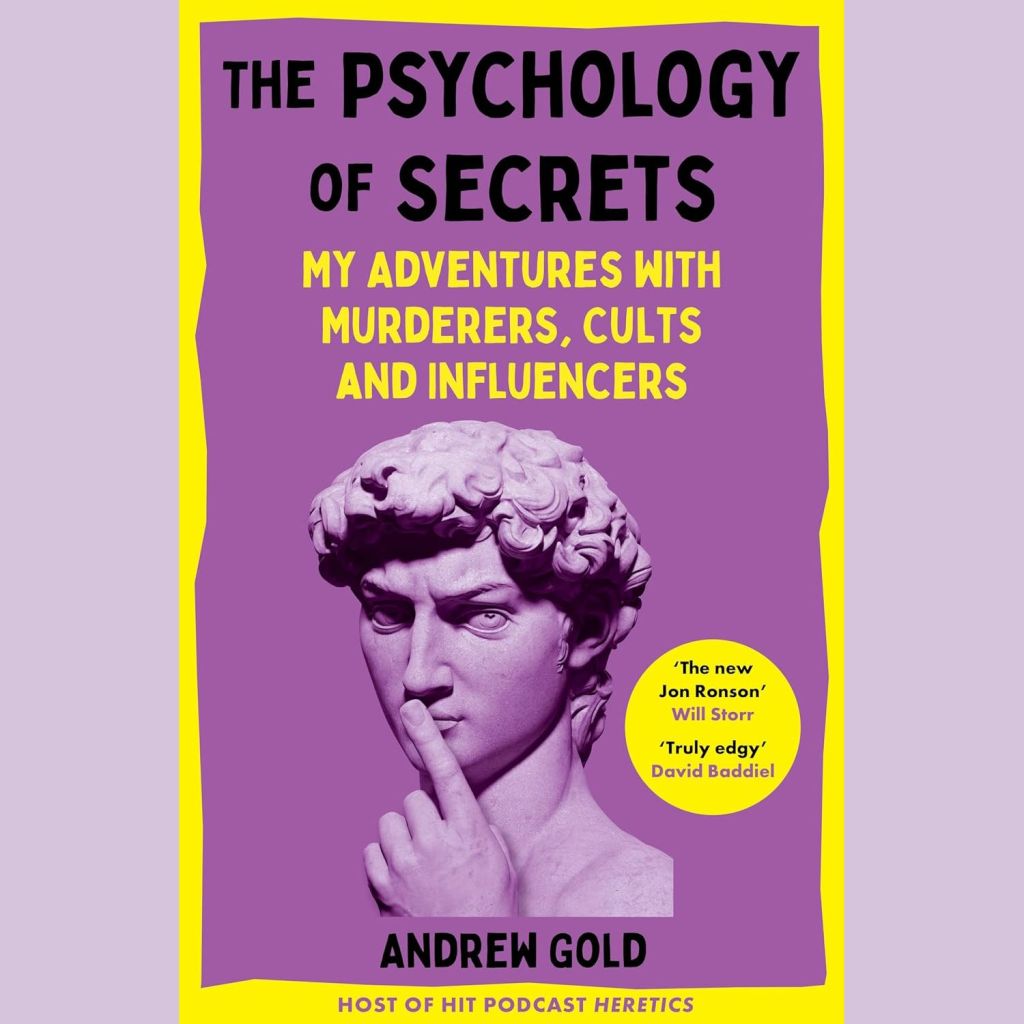
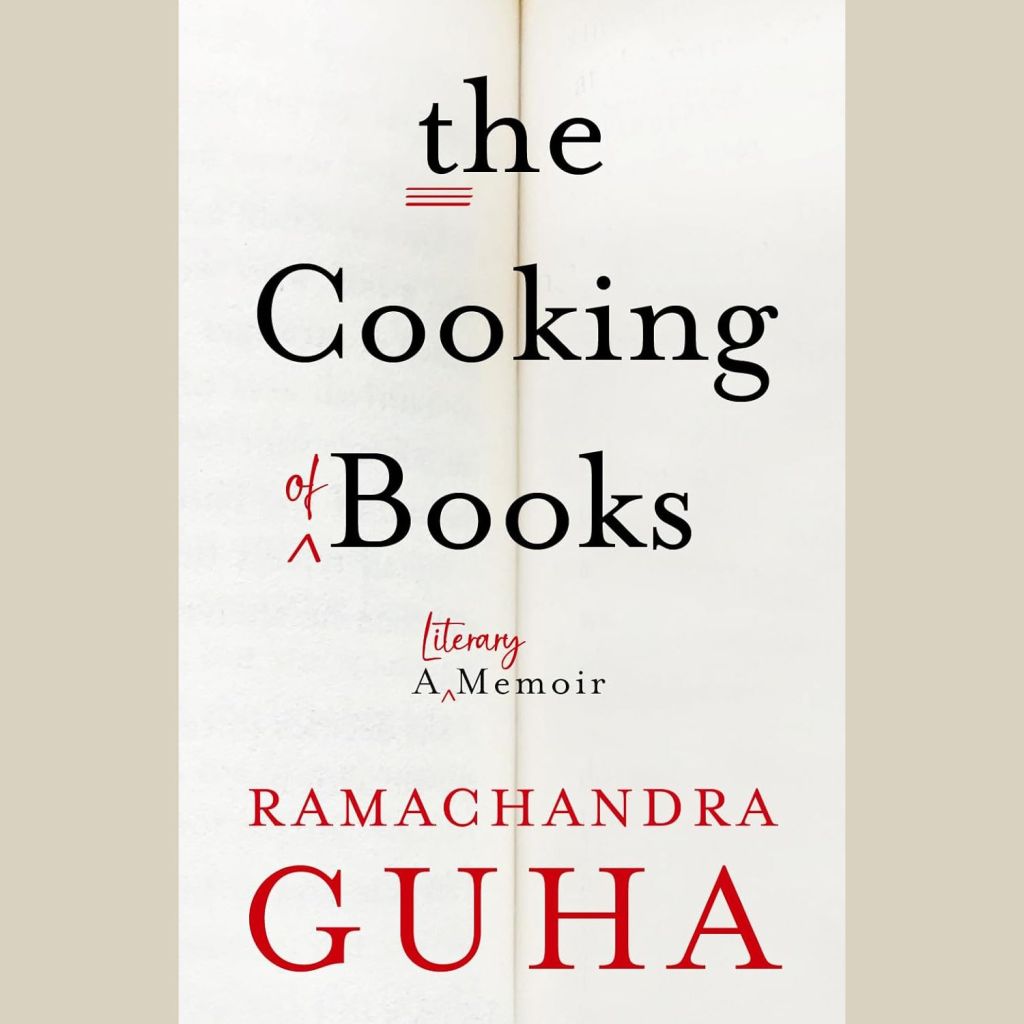
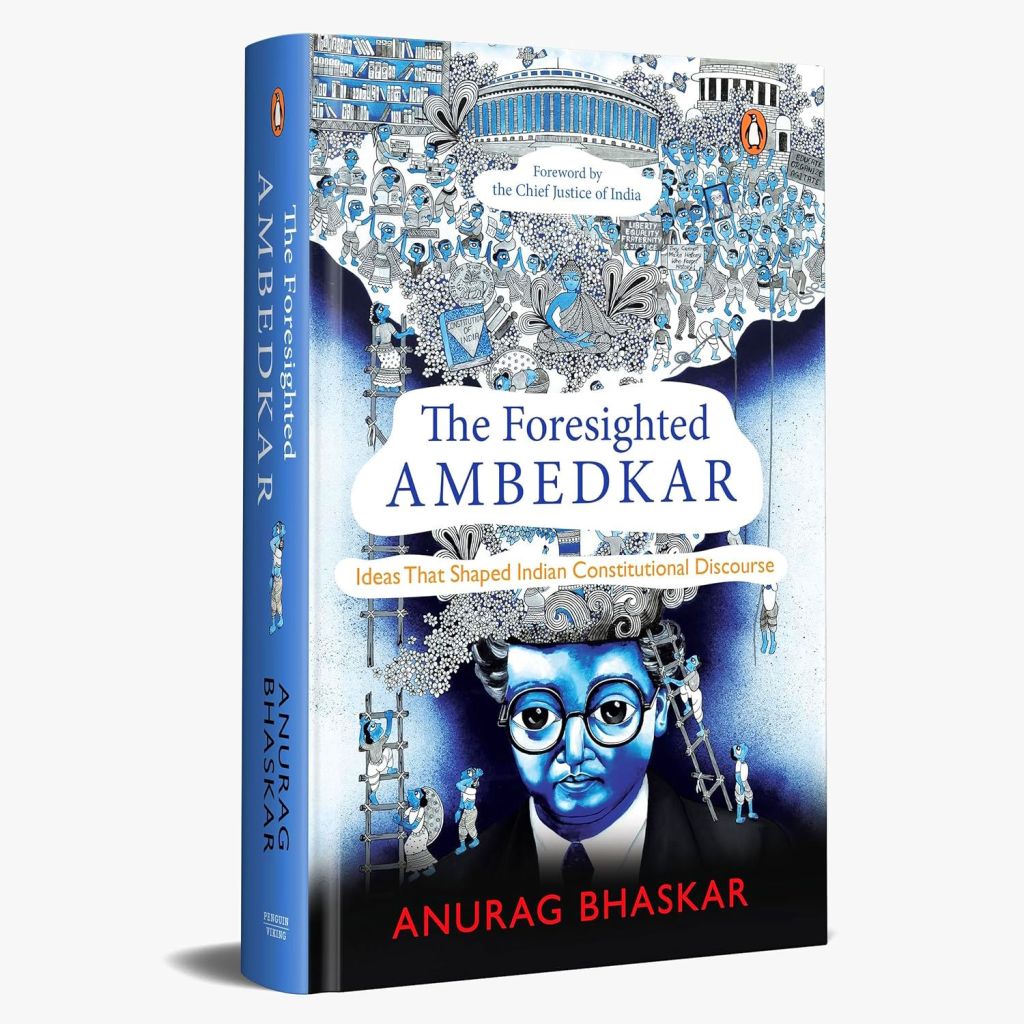
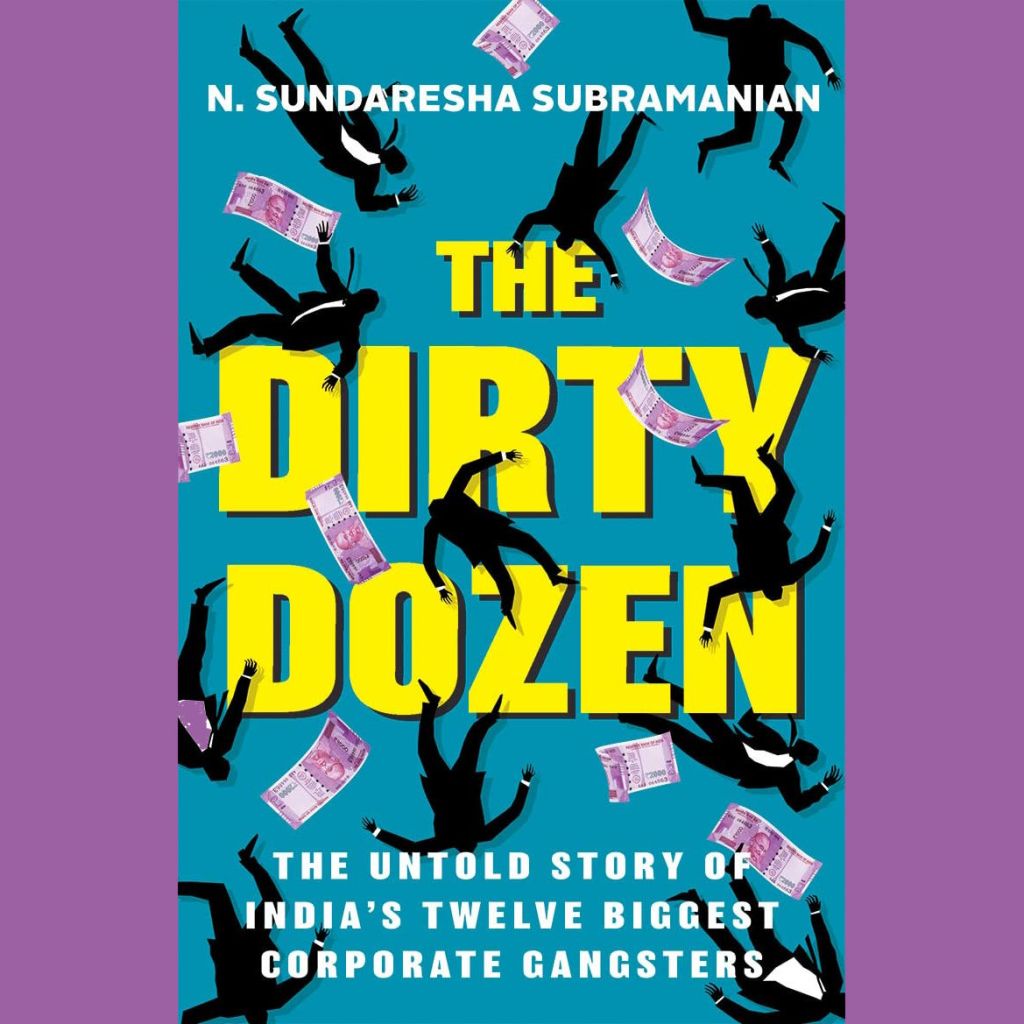
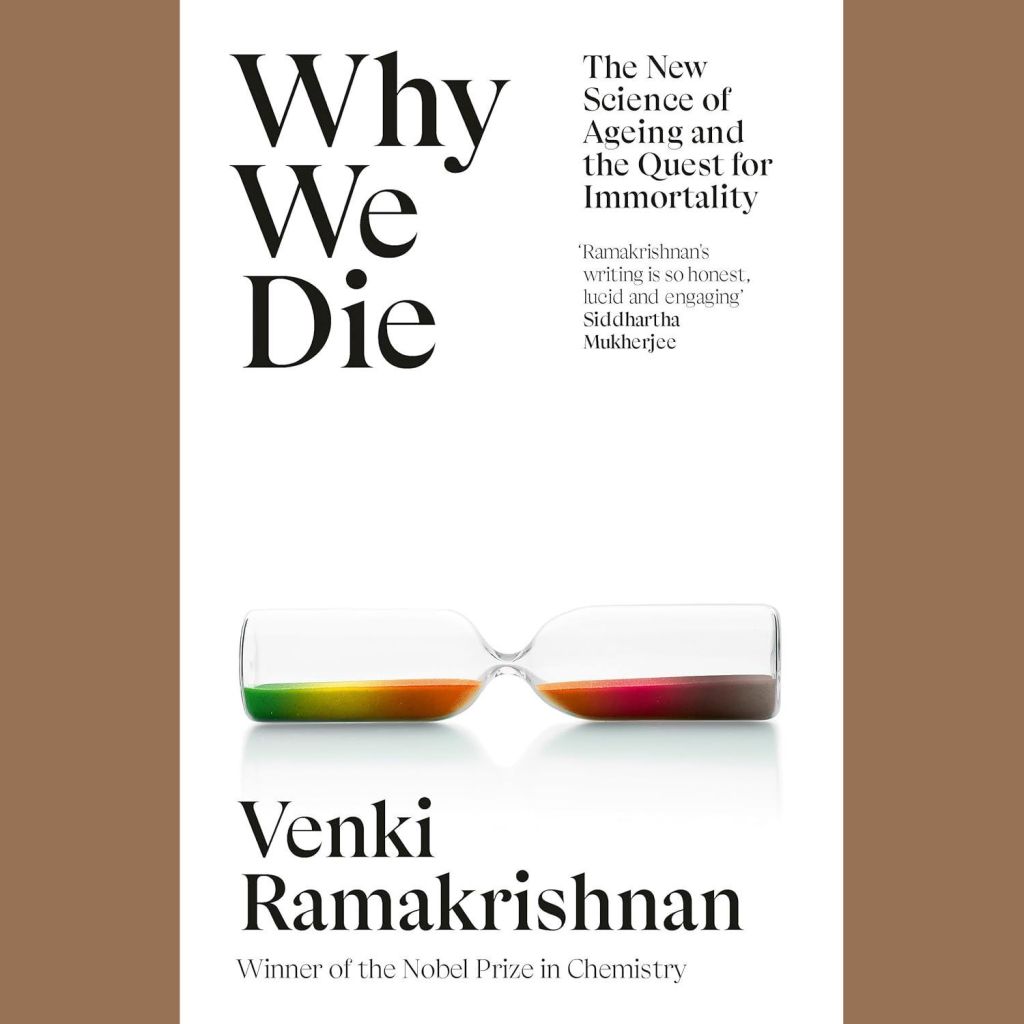
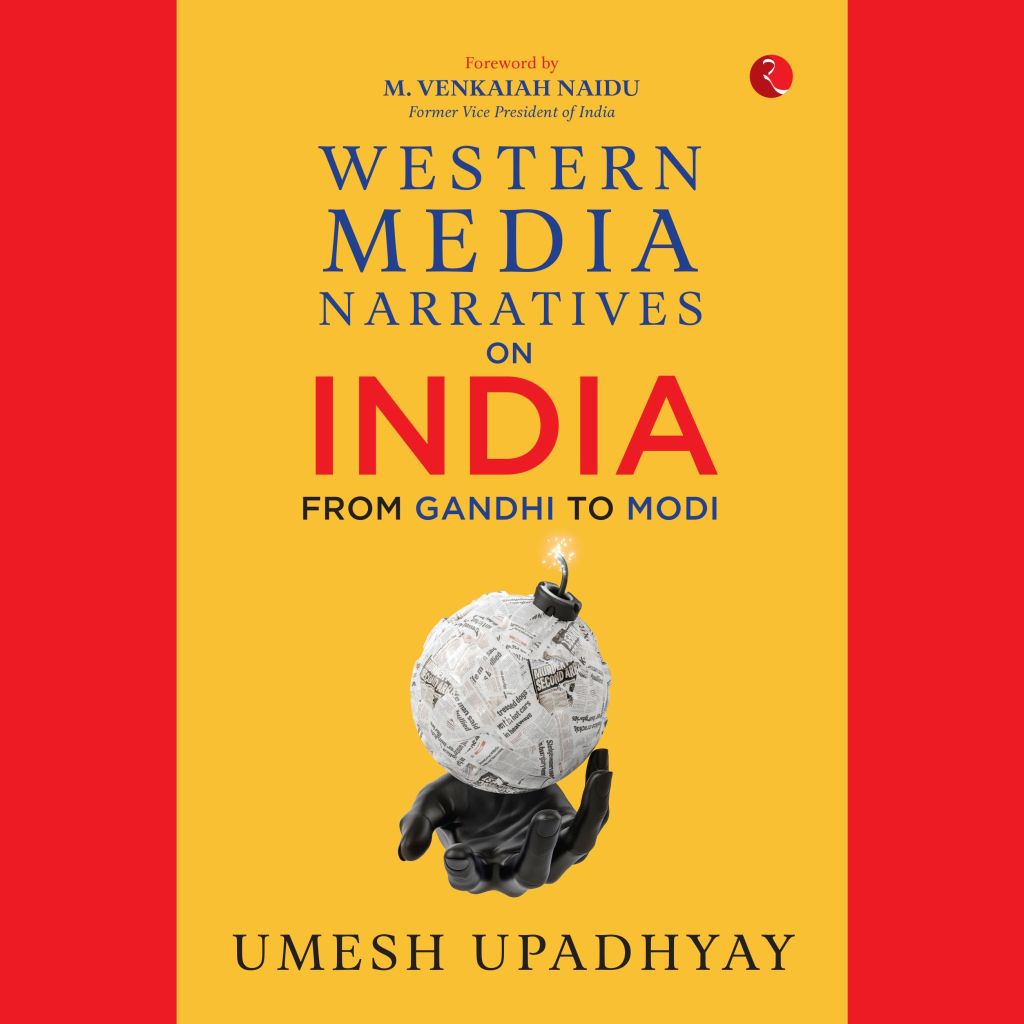
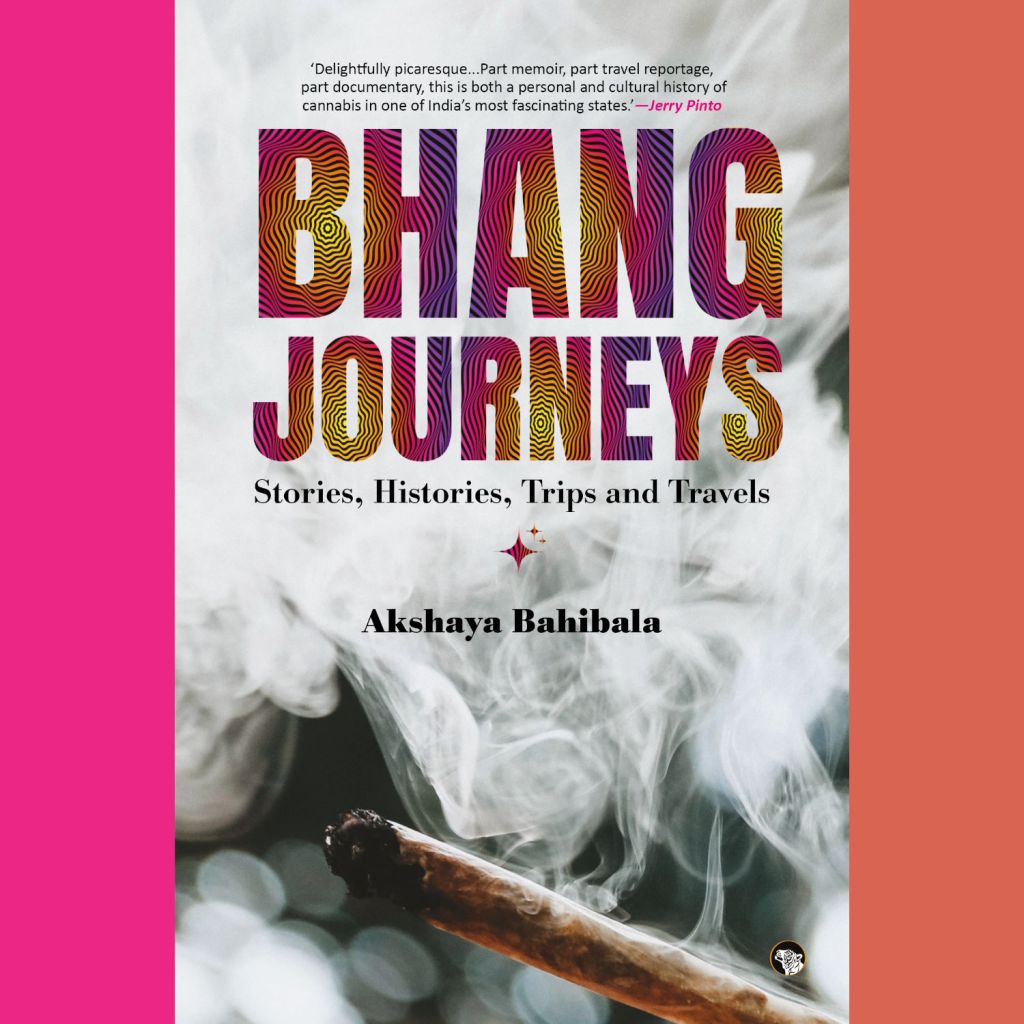
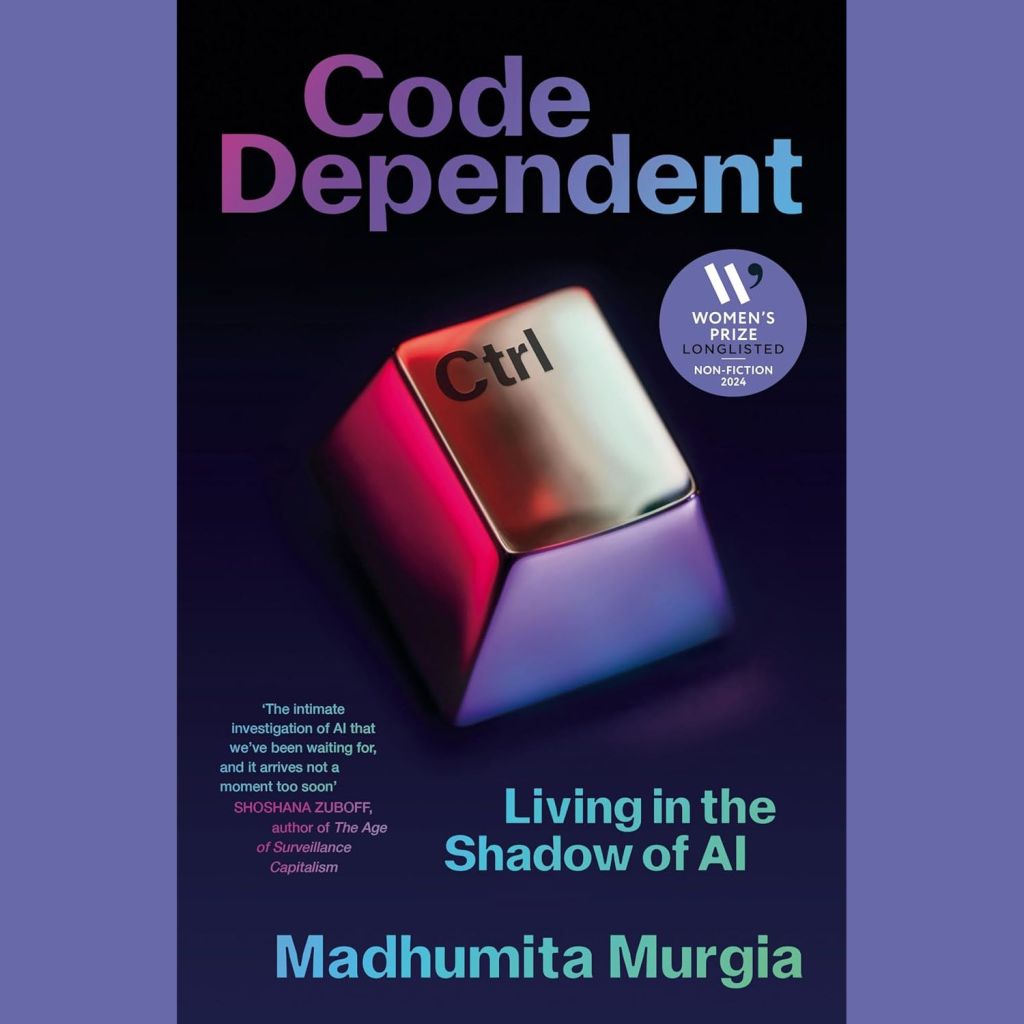
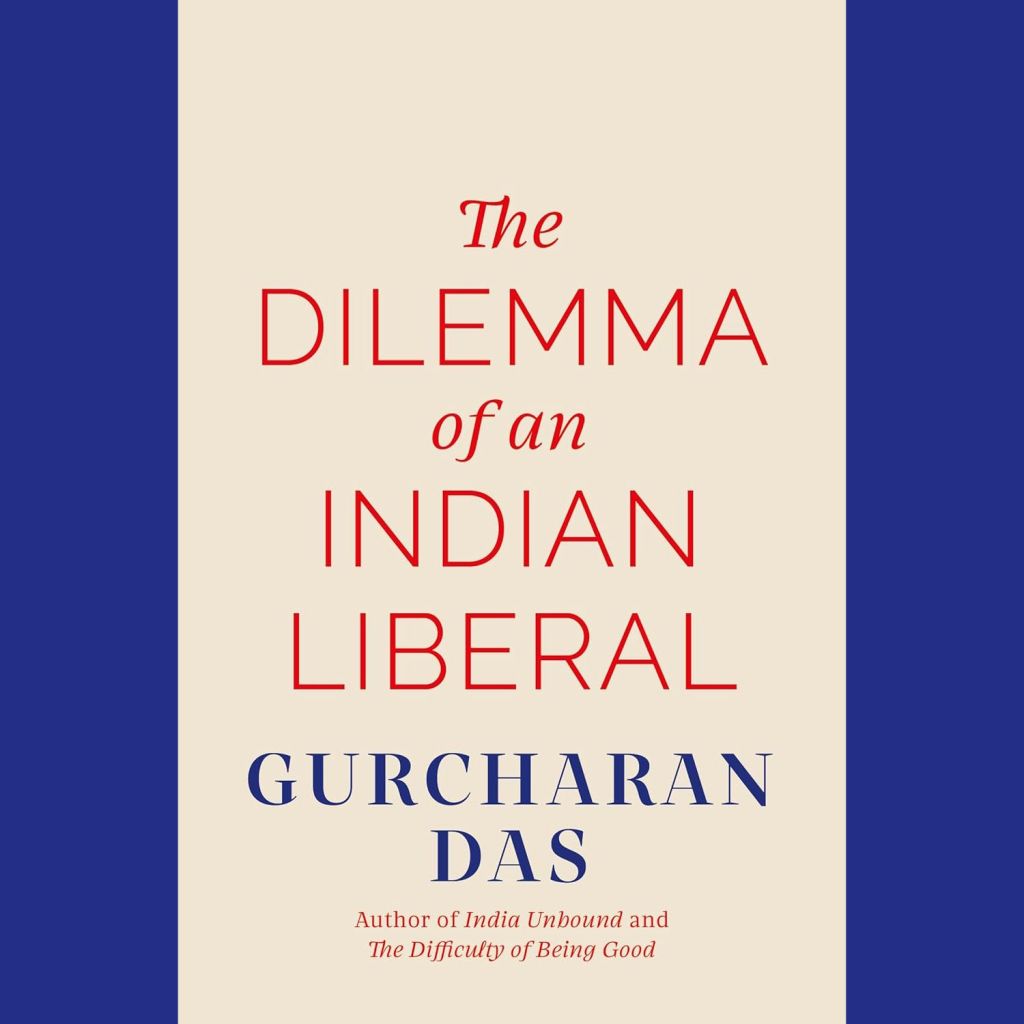
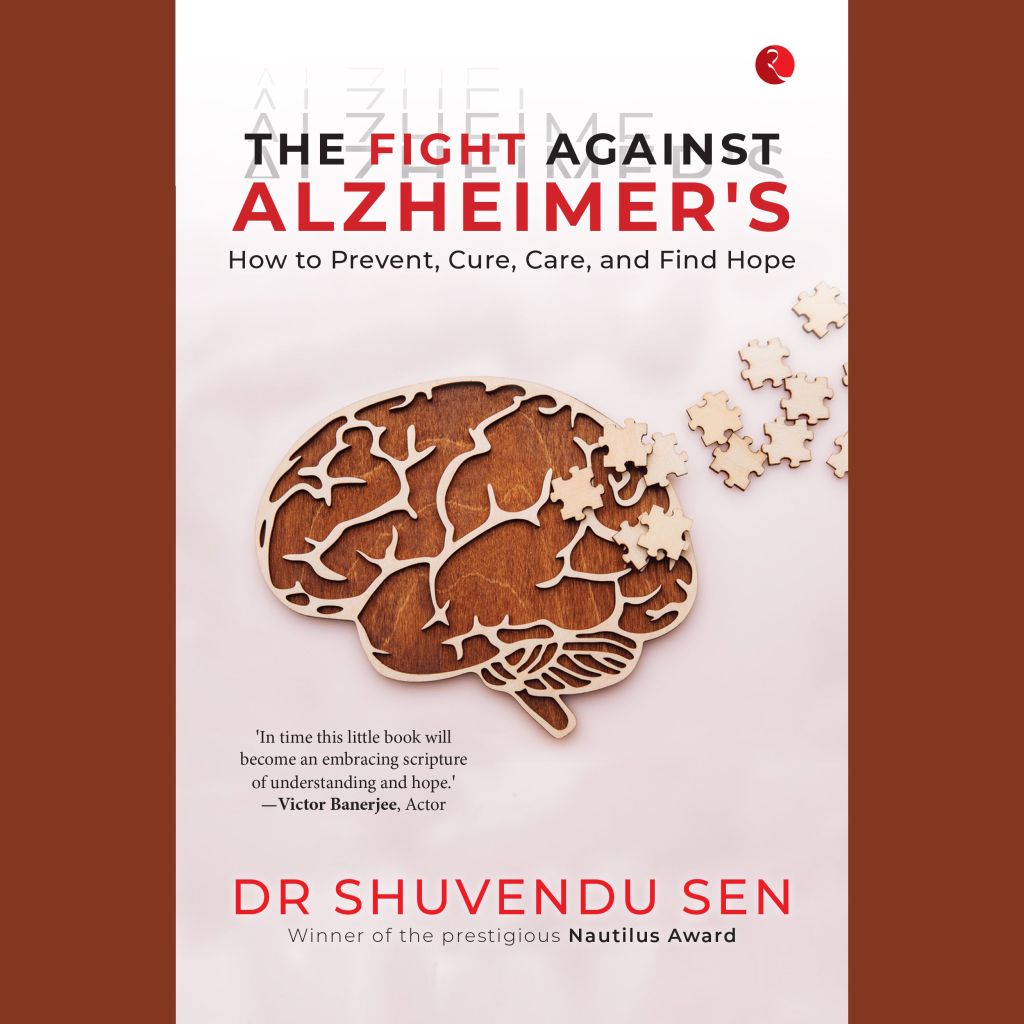
One response to “In Conversation With Kiran Manral”
[…] Do read the entire interview here […]
LikeLike